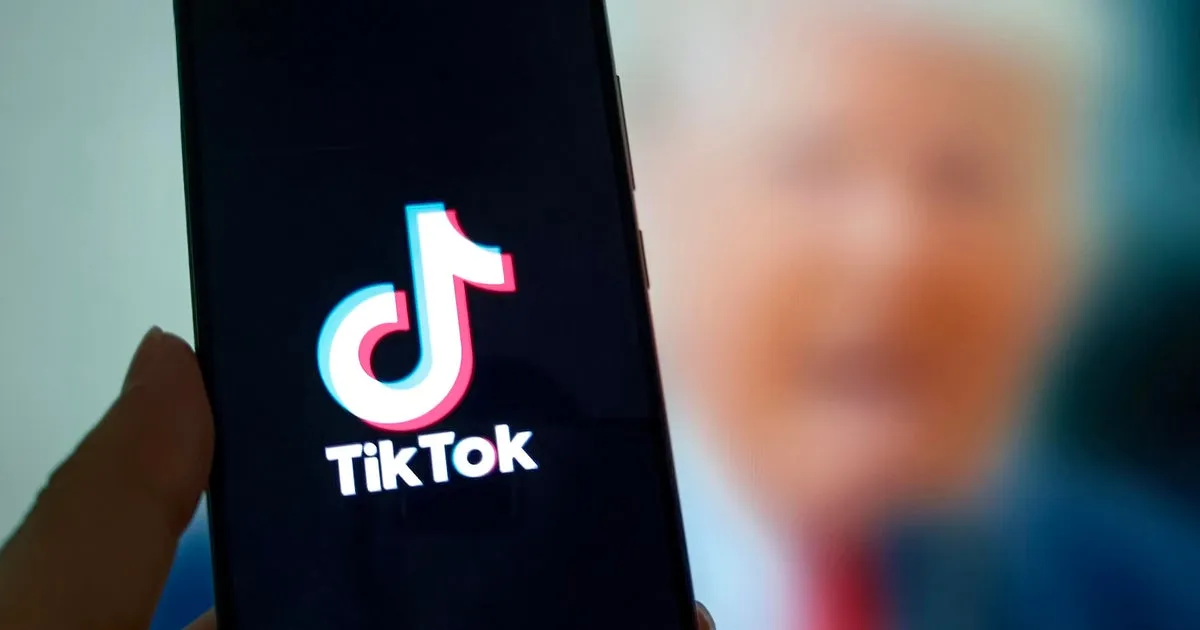
In a significant development, President Trump has announced yet another delay in the enforcement of a bipartisan law aimed at banning TikTok in the United States. The ongoing negotiations to separate TikTok from its China-based parent company, ByteDance, have yet to yield a conclusive agreement. White House Press Secretary Karoline Leavitt confirmed on Tuesday that the president plans to sign an executive order this week, which will extend the enforcement delay by an additional 90 days. This marks the third postponement of the law's implementation since President Trump assumed office in January.
President Trump has consistently expressed his desire to keep TikTok operational in the U.S. Leavitt stated, "This extension will last 90 days, during which the Administration will work diligently to finalize a deal that ensures the American people can continue to use TikTok with confidence that their data is safe and secure." The executive orders issued have instructed the Justice Department to refrain from taking any action or imposing penalties against tech giants like Apple and Google for failing to remove the popular video-sharing app from their platforms. The current extension is set to expire on Thursday.
When President Trump announced the prior extension in early April, his administration had reportedly reached an agreement to form a new company that would operate TikTok in the U.S., owned predominantly by American investors. However, following the announcement of sweeping tariffs, ByteDance communicated to the White House that any deal would require resolution of trade issues before it could proceed. Despite this, ByteDance later clarified that a definitive agreement had not been reached due to unresolved key issues, emphasizing that any deal would still need approval from the Chinese government.
In a recent statement, President Trump conveyed optimism that Chinese President Xi Jinping would ultimately approve a deal, stating, "I think President Xi will ultimately approve it." Furthermore, Trump reaffirmed his support for TikTok on June 12, highlighting his popularity on the platform, which he had previously attempted to ban during his first term. "I was No. 1 on TikTok in its history. Can you believe that?" Trump claimed, adding, "So I guess I like TikTok."
Earlier this month, President Trump engaged in a 90-minute conversation with President Xi, primarily focused on trade issues. Notably, neither country’s summary of the discussion mentioned TikTok. Following this call, senior trade representatives from both nations met in London, resulting in a framework deal aimed at easing the ongoing trade war. However, during a Senate Finance Committee hearing on June 12, Treasury Secretary Scott Bessent confirmed that TikTok was not part of the discussions in London, stating, "I have no visibility into TikTok."
Last year, citing national security risks, Congress passed a law with bipartisan support that mandated ByteDance to sever ties with TikTok by January 19, or risk being cut off from U.S. app stores and web-hosting services. This law was upheld by the Supreme Court just days before its enactment. Although TikTok briefly suspended operations voluntarily prior to the deadline, it reinstated access for U.S. users after Trump vowed to take action. It is noteworthy that Apple and Google delayed the restoration of TikTok to their U.S. app stores for nearly a month following Trump's initial executive order.
Despite the Trump administration's reluctance to enforce the law, there has been minimal action from Congress. Lawmakers have raised alarms for years about the potential for TikTok to be used as a tool for Chinese surveillance, data collection, or propaganda dissemination. Republican Senator Josh Hawley of Missouri emphasized the need for adherence to the law, stating, "The courts have been really clear on this. I think we ought to enforce the law." Meanwhile, Senator Chuck Grassley of Iowa expressed uncertainty regarding the president's legal authority to not enforce the law, seeking clarity and certainty for Congress in the decision-making process regarding a potential sale of the platform.